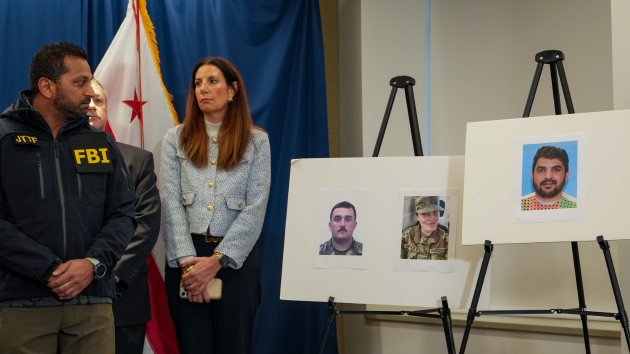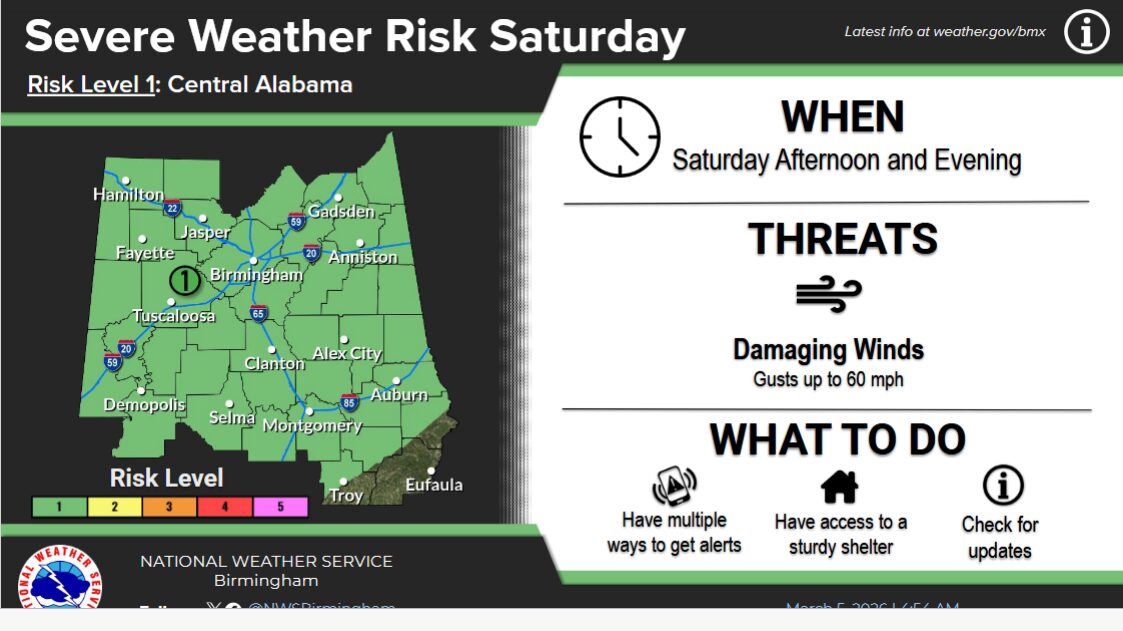
(WASHINGTON) — The shooting of two National Guard personnel allegedly by an Afghan refugee in a bustling downtown neighborhood in Washington, D.C., has reopened a debate over a Biden-era program that rushed to resettle thousands of Afghans who had worked with the U.S. government during its 20-year war in Afghanistan.
The Biden administration brought some 76,000 Afghan refugees to the U.S. in 2021, according to a report at the time by the Department of Homeland Security. It’s likely that the suspect officials have identified, Rahmanullah Lakanwal, was one of only 3,300 of those refugees that year who were granted a “special immigrant visa,” a document that would have expedited his entry because of his employment with the Central Intelligence Agency and other U.S. agencies.
Officials say Lakanwal came to the U.S. from Afghanistan in 2021 during the Biden administration and applied for asylum in 2024. According to three law enforcement sources, Lakanwal was granted asylum in April 2025 under President Donald Trump.
FBI Director Kash Patel said in a news conference Thursday morning that the Biden administration did “absolutely zero vetting” of the refugees.
That isn’t accurate, though some questions remain around how thorough the vetting process would have been for Lakanwal in 2021 and again this year when the Trump administration granted him asylum.
CIA Director John Ratcliffe said the suspect had worked with the CIA during the war — an arrangement that would have almost certain required him to be vetted by the agency at the time.
It’s also likely he was vetted before being granted asylum this year. According to Homeland Security Secretary Kristi Noem, there have been 8,000 such individuals since Trump took office. Noem and Patel have both suggested in recent congressional testimony that the administration had carefully scrutinized all of them.
“During my tenure, we are going through the databases to make sure that no known or suspected terrorists enter this country to harm our nation,” Patel told the Senate Judiciary Committee in September.
In 2021, Alejandro Mayorkas, then President Joe Biden’s Homeland Security secretary, insisted in a document to Congress that all Afghans were vetted before entering the U.S.
“Prior to entering the United States, Afghan evacuees must successfully complete a rigorous and multi-layered screening and vetting process that includes biometric and biographic screenings conducted by intelligence, law enforcement, and counterterrorism professionals from multiple federal agencies,” he wrote in a 2021 briefing on the program.
The question is how comprehensive that vetting was, considering the rush to settle Afghans who were hastily airlifted to Doha, Qatar, and Europe in the wake of the chaotic U.S. troop withdrawal. Shortly after U.S. troops left Afghanistan, the government in Kabul collapsed and the Taliban took control.
FBI and other U.S. officials have warned for years that vetting refugees from certain war-town countries can be difficult when the U.S. has limited capabilities to gather intelligence in those countries.
According to a New York Times report, the process of resettling Afghan refugees spurred a humanitarian crisis in Doha as refugees packed into airport hangars and tents at a military base there. Flight manifests were at times incomplete or missing, visa or citizenship status was unknown, and there was a lack of demographic data, the Times reported.
Biden administration officials defended the program at the time as a moral imperative, providing protection to Afghans who would have otherwise been killed by the Taliban for cooperating with Americans during the war.
Anti-immigrant conservatives seized on the idea of resettling tens of thousands of desperate Afghans in a matter of months as dangerous.
“Just because an Afghan works with us, and is friends with us, does not actually mean they are safe to bring here,” Sean Parnell, now the Pentagon’s chief spokesman, said in 2021.
Advocacy groups say there’s no evidence that the vetting process failed.
AfghanEvac, which works to resettle Afghan refugees who helped the U.S. government during the war, said the immigrants undergo some of the most extensive security vetting of any population in the U.S.
“This individual’s isolated and violent act should not be used as an excuse to define or diminish an entire community,” AfghanEvac President Shawn VanDiver said in a statement.
Copyright © 2025, ABC Audio. All rights reserved.



